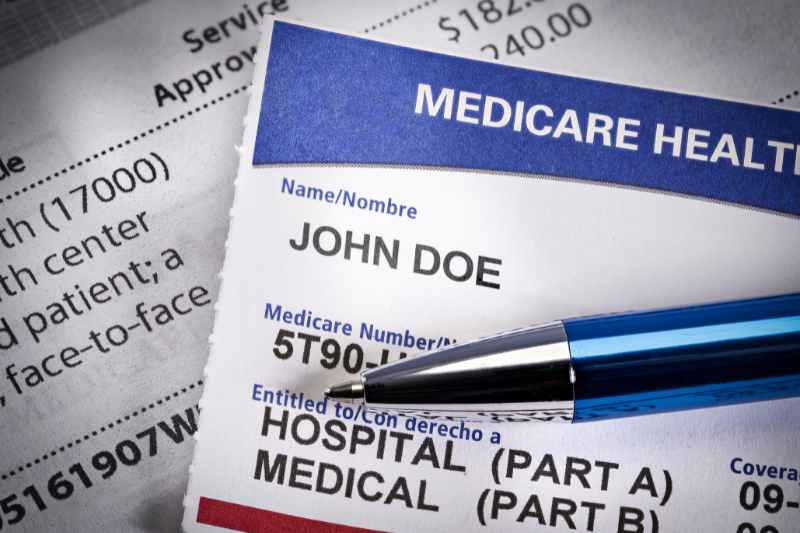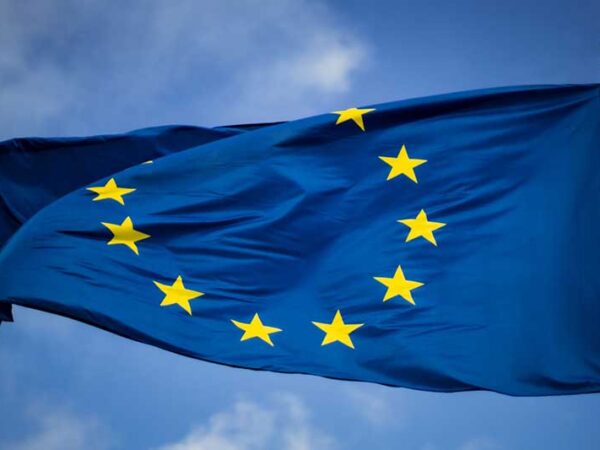EHIC stands for European Health Insurance Card, which is precisely what it is. Possession of the card entitles the holder to use public healthcare in any of the European Union members states and the three European Economic Area (EEA) states of Liechtenstein, Norway and Iceland. It is also valid in Switzerland even though this country is neither a member of the EU nor EEA. Although the EHIC is not mandatory for travel within Europe, it is recommended in case of an accident or illness while abroad.
Formerly called the E111 form, the card is valid for a period of one to five years and can be renewed online at the end of its validity. It is for the use of the named holder only and does not cover family members. The EHIC covers emergency medical care and treatment while travelling overseas but does not cover any private healthcare or cosmetic treatments. The card should be carried at all times as accidents or illness can occur at any time, and urgent care may be required at a moment’s notice.
Is the EHIC for Europeans Only?
The EHIC can be used for medical emergencies across Europe but is not available to travellers from outside the greater European area. It is reserved solely for citizens of:
- Any European Union member country
- The EEA countries of Norway, Switzerland and Liechtenstein
The card is issued on application by the applicant’s relevant national health insurance service. The EHIC entitles the holder to the same treatments and at the same cost as citizens of the country where the card is being used. This will include the following:
- Sudden severe illness
- Accidents
- Chronic illness
- Existing medical conditions
- Pregnancy care
The EHIC may fully cover the cost of medical attention or treatment, but this is not always the case. It may be necessary to contribute part of the costs incurred depending on the treatment supplied and the country’s guidelines. Any payments made towards the costs incurred are at the expense of the patient and are usually non-refundable.
Brexit and the EHIC
Over the past few years, the United Kingdom has issued more than 20 million EHIC cards, most of which remain valid. However, as the UK is no longer a part of the European Union following Brexit, there is doubt whether these cards can be used or not.
As part of the Brexit deal, it was agreed that British passport holders could retain the right of visa-free travel to the EU and that any existing EHIC cards would remain valid until their expiration date. As Brexit is now more than two years in the past, it is likely that most cards have now expired or are close to expiration.
Currently, British passport holders visiting any countries covered by the EHIC scheme may continue to use the card for medical emergencies as long as it is still valid. Conversely, EU citizens with a valid EHIC card are covered for emergency treatment in the United Kingdom should the need arise.
The British government is now replacing the EHIC card with the Global Health Insurance Card (GHIC), which will eventually be issued to British citizens wishing to renew their EHIC. The new GHIC cards can be applied for online and will be issued within ten days. GHIC cards can also be applied for by post, but this may entail supplying supporting documentation as proof of identity.
EU citizens resident in the United Kingdom (of which there are an estimated 3.7 million) will continue with the EHIC card, which can be renewed and issued through British healthcare authorities.
British citizens resident in one of the EU or EEA countries or Switzerland will remain eligible for the EHIC card, which the UK will also issue.
Existing Medical Conditions Covered
While it is advised to purchase personal travel health insurance, any necessary treatment for most existing medical conditions is covered by a valid EHIC (or GHIC) card. This is vitally important for travellers who rely on regular, ongoing care such as oxygen treatment, chemotherapy or dialysis. For convenience and peace of mind, any necessary treatment while abroad should be arranged in advance, which should be done through the treating doctor or healthcare professional responsible.
Although treatment while abroad can be arranged relatively easily, problems can arise regarding the transport of medical treatments or medications. Special foods can be particularly problematic as these can break European legislation regarding importing plant or animal products.
Prescriptions issued in one European country may be capable of being filled in another member state, but this is not always the case. For example, a UK prescription can be filled in Spain and the Republic of Ireland but not in any of the other EU or EEA member countries.
For these reasons, it is important to:
- Bring sufficient medications (tablets, pills etc.) to last for the duration of the trip
- Carry enough special foods for the trip
- Ensure that any prescriptions can be filled in the destination country
- Check that any special foodstuffs (or their equivalent) is available in the destination country
Specific medications may also pose a problem for Europeans or Britons travelling between countries. Some medications contain “controlled substances, ” which may require a special licence. Regulations dealing with importing prescription drugs and medications should be checked with the embassy or consulate of the country being visited.
A licence is a particular likelihood if:
- The planned visit is of three months duration or longer
- The visitor is travelling with a three-month supply of medications
If a prescription issued in the visitor’s home country is not valid in the destination country, it may be necessary to see a local doctor who can issue a new one. This can then be filled at a local pharmacy. Using an EHIC or GHIC card, any prescription should cost the same as it would for a native citizen, although it is quite common that it actually costs more.
Replacement EHIC
Should a medical emergency arise, and the EHIC card is lost or misplaced, it is possible to obtain an acceptable alternative. A Provisional Replacement Certificate (PRC) can be swiftly issued by the responsible health authority.
A PRC can be obtained over the phone by calling the number supplied with the EHC card. The phone call should be made as soon as possible, and the following details will be required:
- Name, address and date of birth
- National insurance number
- Name of the medical facility where treatment is being undergone
- Email address of the department of the healthcare provider where treatment is to be carried out
Although a PRC request is normally submitted by the holder of the missing EHIC card, it can also be submitted by a third party if the cardholder cannot do so.
The Provisional Replacement Certificate is a temporary replacement for the EHIC card and entitles the holder to the same medical benefits as the card being replaced.
EHIC Benefits
There is no charge for the EHIC card for citizens of EU or EEA countries or the GHIC card for British nationals. Emergency healthcare can be expensive, and without an EHIC card or alternative insurance, the patient may be personally liable for all costs involved. With the EHIC card, the costs involved can be considerably lower than in the holder’s home country or even free in countries which operate free healthcare for their citizens.
The card can be used in most of the major European countries, which allows the holder to roam across the whole of Europe secure in the knowledge that unforeseen accidents or illnesses will be taken care of at a reasonable cost.
Though accepted in virtually all European destinations, there are a few exceptions, including:
- Jersey
- Isle of Man
- San Marino
- Vatican City
- Monaco
It must be stressed that the EHIC is not an alternative form of travel insurance. It cannot be used for:
- Private health care
- Cost of air transfer home
- Planned medical treatment
- Planned childbirth in a foreign European country
While some medical treatments may be free with the EHIC card, this is by no means guaranteed as this will depend on the healthcare system specific to the European country in which the card is being used.
Insurance and European Travel
EU citizens require no special visas or insurance to travel freely within the European Union and Schengen Area, but this is not the case for citizens of non-EU countries. From 2023 on, citizens of countries that currently enjoy visa-free access to Europe will require an ETIAS (European Travel Information and Authorisation System), while all others will require a Schengen Visa and travel health insurance.
The EHIC card may not cover medical expenses while abroad (though this is possible in some countries), but it will at least limit personal liability. For travellers worried about possible medical emergencies abroad, it is best to secure personal travel health insurance while carrying an EHIC card. The two, in combination, will provide the best of both worlds and ease of mind should the unexpected actually occur.




